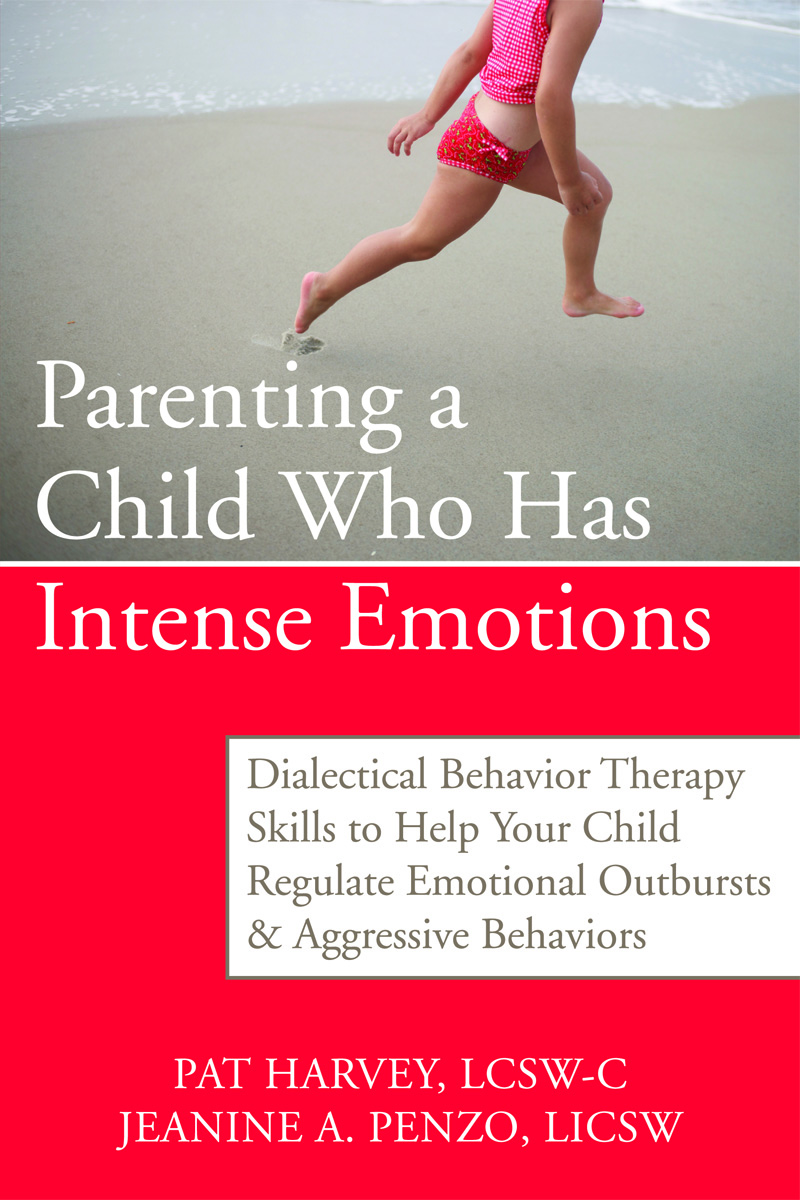By Pat Harvey, ACSW, LCSW-C
Parents who bring their children to therapy are often desperate, anxious, and scared. They wonder if they are responsible for the difficulties their child is experiencing and may worry that they will be judged as inadequate parents. They may feel guilty or act defensive.
The experiences of a parent and child are interactional—children impact the lives of their parents as much as they are impacted by the responses of the parent. It helps to remember that parents are doing the best they can under difficult and painful circumstances. Parents need to receive education about the biological components of emotional problems as well as support for the difficulties they are experiencing. They need to experience a therapeutic relationship that is free of blame and judgments.
When I work with parents, I validate their feelings and acknowledge the difficulties, frustrations, and pain they are experiencing. We talk about how alone and isolated they feel because of the stigma that still exists around mental illness. I help show them that other parents in similar circumstances share their feelings. I help them to mourn the child and life they expected so that they can accept the child and life that they have. With this feeling of acceptance, the process of change can move forward.
 Pat Harvey, ACSW, LCSW-C, has been providing clinical social work services to individuals with emotion dysregulation and their families for over thirty years. Harvey trains mental health professionals in dialectical behavioral therapy (DBT) skills and philosophy by facilitating trainings and workshops at organizations and conferences across the country, and helped to develop one of the first DBT-based group homes for adolescents. She is cofounder of the Metro DBT Consortium and coauthor of Parenting a Child Who Has Intense Emotions and the forthcoming Parenting a Teen Who Has Intense Emotions (December 2015).
Pat Harvey, ACSW, LCSW-C, has been providing clinical social work services to individuals with emotion dysregulation and their families for over thirty years. Harvey trains mental health professionals in dialectical behavioral therapy (DBT) skills and philosophy by facilitating trainings and workshops at organizations and conferences across the country, and helped to develop one of the first DBT-based group homes for adolescents. She is cofounder of the Metro DBT Consortium and coauthor of Parenting a Child Who Has Intense Emotions and the forthcoming Parenting a Teen Who Has Intense Emotions (December 2015).

 2024 Peace Playbook: 3 Tactics to Avoid Clashes with Your Partner
2024 Peace Playbook: 3 Tactics to Avoid Clashes with Your Partner